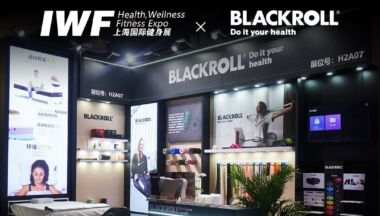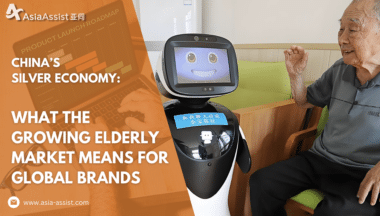Children in China: a bright future.

Every parent will strive for the best for their offspring. What is perceived ‘best’ often has its roots in a cultural context. In the Western world, the emphasize is on a happy and socially well-developed child. In China education, intelligence, perseverance and future perspective is valued most.
There is an overwhelming desire among Chinese parents to see their children succeed. Parents in China expect highly of their children and the path to success is learning and education. Children should be and are expected to be pushed to reach for the highest achievable.
A different approach.
Amy Chua, bestselling author Battle Hymn of the Tiger Mother about the differences in Chinese and Western parenting: “Western parents try to respect their children’s individuality, encouraging them to pursue their true passions, supporting their choices, and providing positive reinforcement and a nurturing environment. By contrast, the Chinese believe that the best way to protect their children is by preparing them for the future, letting them see what they’re capable of, and arming them with skills, work habits and inner confidence that no one can ever take away. “
Especially in rural areas, education is perceived as the only way out of poverty. Individual success, is considered success for the family and their system, “Chinese parents believe that their kids owe them everything”, according to Amy Chua.
“Chinese parents believe that their kids owe them everything”
Very young children will be most likely be sent to Early Learning Centers several times a week, to enhance their cognitive development. 73% of the moms send their child to an Early Education Center even before the age of 18 months (Research by OMD). Schools expect parents to be involved and active in supporting and stimulating their offspring. Even in sport, music and other ‘fun activities’ this attitude in parenting is visible. Of the rural moms, 75% expect their newborns to go to college in the future, and a staggering 17% hope to see their child getting a Ph.D (Research by OMD).
Some companies use this perspective on children and education to sell their brands.
How this effects marketing (to parents) in China?
Obvious are the toy manufactures selling educational / aid learning toys, such as toys that train eye-hand coordination, stimulating logical thinking or learning new words. According to Euromonitor, Educational toys are becoming the latest hype among parents and children. Parents tend to buy educational toys to prepare children for school as they play. HKTDC conducted a research and found that 90% of the parents say they had bought such toys in the past year. The positioning LEGO chooses in China is comparable to that in Europe, however, they emphasize the cognitive functions that will be developed by playing with LEGO.
Pampers in China.
Less obvious is the approach Pampers took. About a decade ago, diapers were uncommon in China, babies and toddlers used to wear the so called “split pants”, allowing a child to urinate and defecate without the pants being lowered.
Pampers saw a market opportunity in China and wanted to get in. Pampers conducted a study in 2006 reporting that babies who used Pampers fell asleep 30% faster and slept half an hour longer at night. Pampers began with aggressively educating consumers with messages that high-quality diapers maintain skin dryness and health, and can help babies get longer sleeping hours per night: The Golden Sleep campaign. As a result, they opened up the Chinese market for diapers, and gained a strong number 1 position.
Pampers targeted an enormous concern of Chinese parents by linking extra sleep to improved cognitive performance.
Coordinated items for children and parents.
Another example is the Chinese fashion label Xinyin Xu. Top designer Vicky Zhang creates parent-child fashion, with coordinated items for parents and their offspring. With luxurious fabrics, matching ensembles, and fine tailoring, Vicky Zhang addresses the glamorous, young mother or father and daughter or son with style, beauty, and luxury.
The designer stresses that clothing influences the behavior of a child and she implicitly links the future chances of a child to the clothing it wears: “I hope that this collection makes every kid very elegant and do very well. I want my daughter to be very well composed and whenever she wears the beautiful dresses she always has better concentration”.
The clothing brand Xinyin Xu, just like Pampers and LEGO, taps into the concerns Chinese parents have about intelligence, behavior and future perspective of their offspring. Asia Assist shares insights in the Chinese consumer market, because understanding what thrives Chinese consumers is important for a successful market entry in China.



